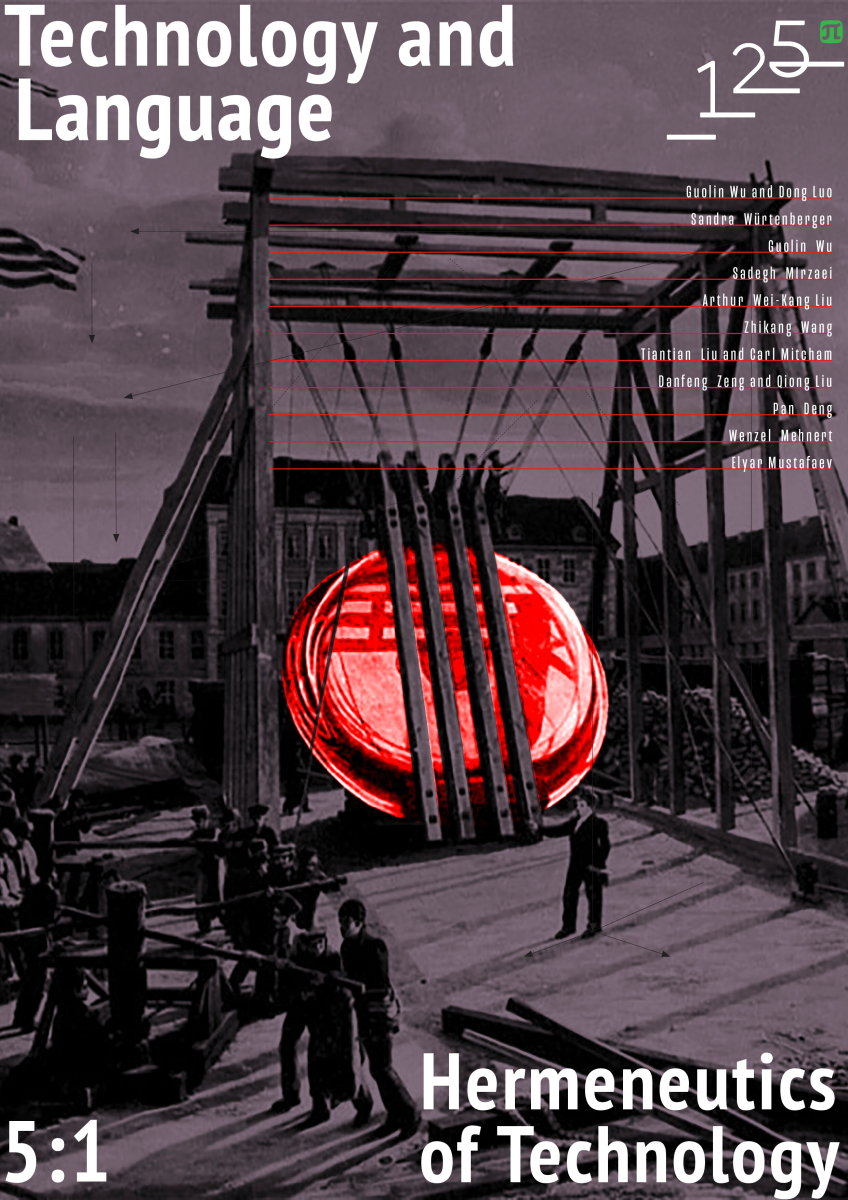Memory Technology in the Philosophy of Nikolai Fedorov
Nikolai Fedorovich Fedorov is one of the most original interpreters and critics of the direction of technical progress, which he identified with the beginning and development of industrialization. His “Philosophy of the Common Task” is well known. However, the theoretical “substructures” which are not directly related to the theory of the “Common Task” deserve attention in how they strengthen its basis. Thus, his views on cultural memory and the ways of fixing it remain little explored in the philosophical literature. The purpose of the study is to analyze the importance of cultural memory for the formation of the national spirit and connection of generations, and the role assigned to the museum in this process. This research is based on an axiological method, drawing on critical studies of Fedorov's philosophy in Russian and international interpretations of his work. The function of the museum in the processes of preserving the memory of the preceding culture is revealed. The ways of inheriting basic cultural values through the meaningful collection of museums are analyzed. This understanding of the importance of the museum in the life of people is compared with contemporary concepts and discussions around the museum as an institution or a business. The discussion of Boris Groys and Douglas Crimp on the purpose of the museum in contemporary cultural practice is taken as the basis for this.



